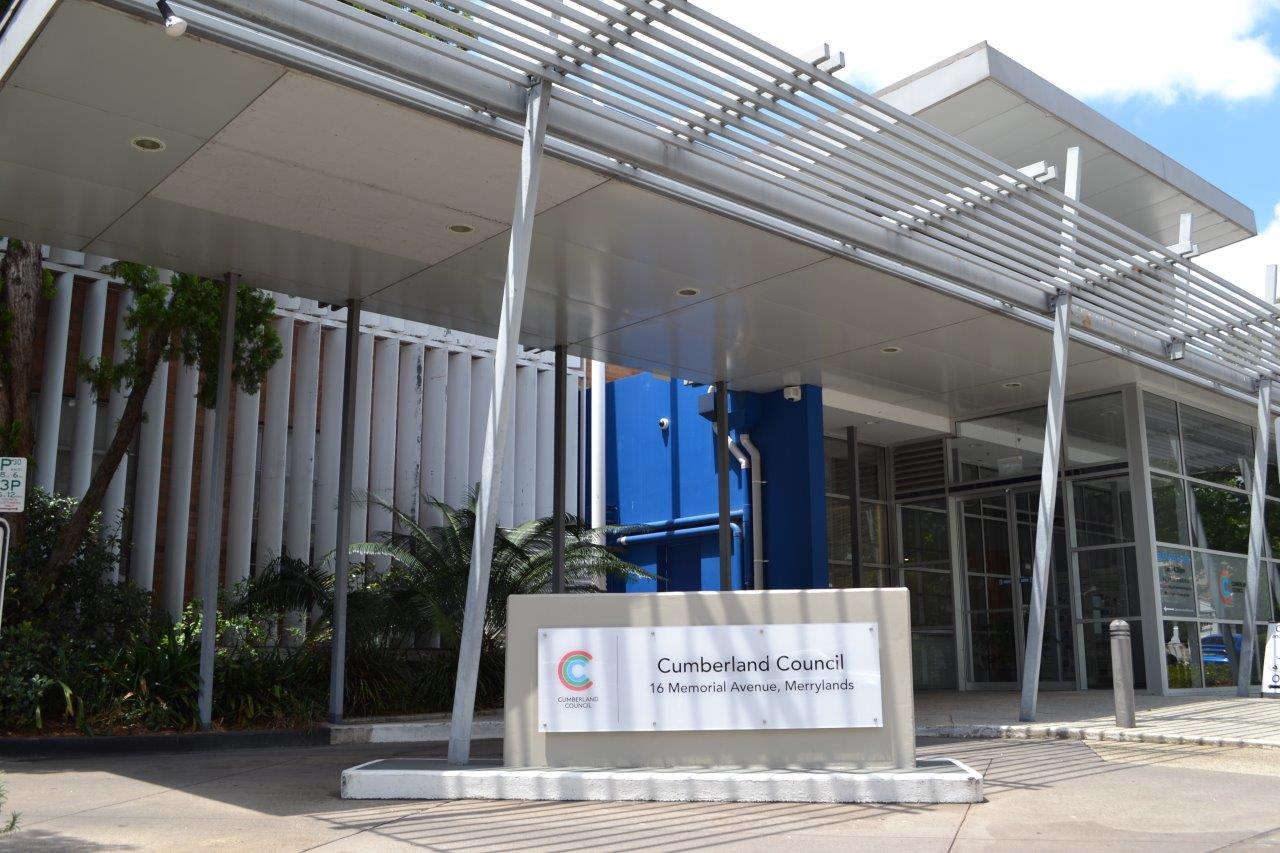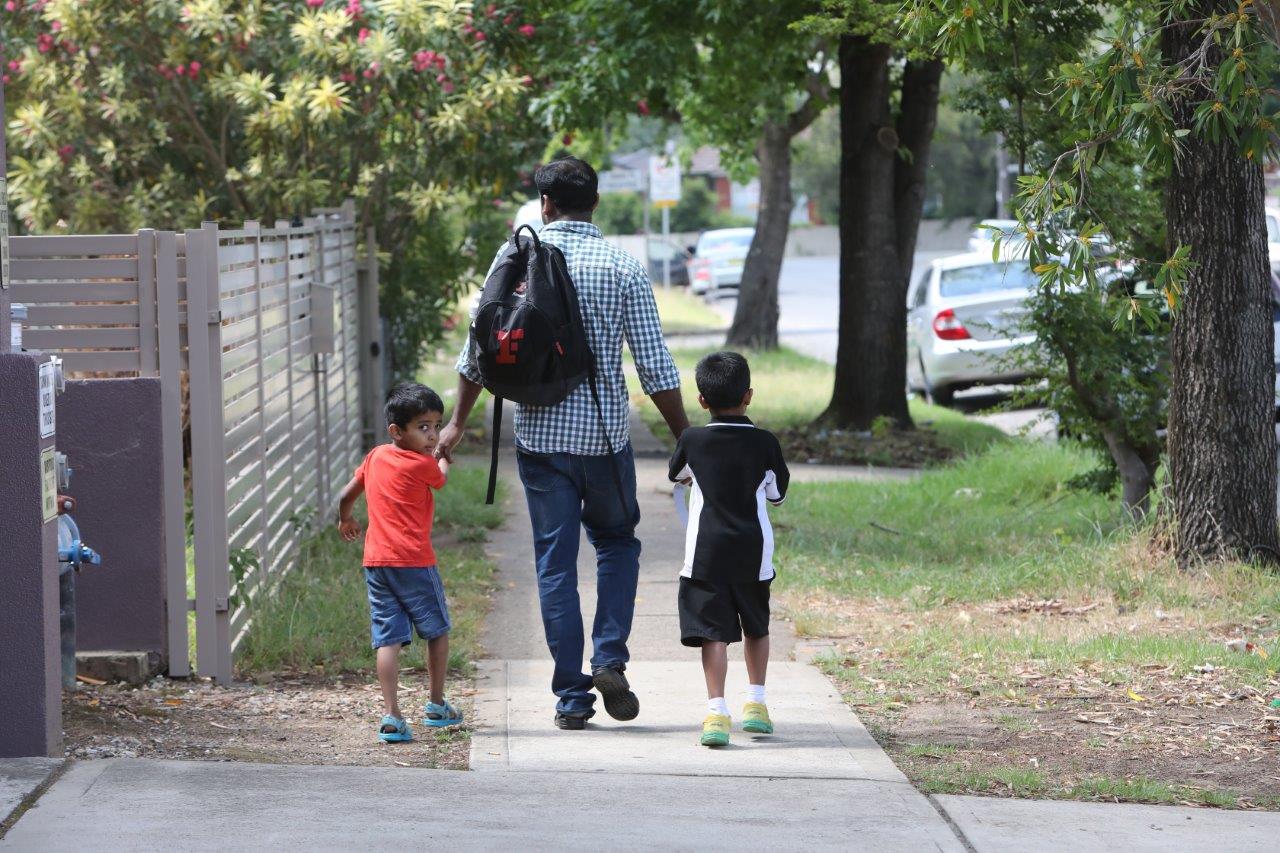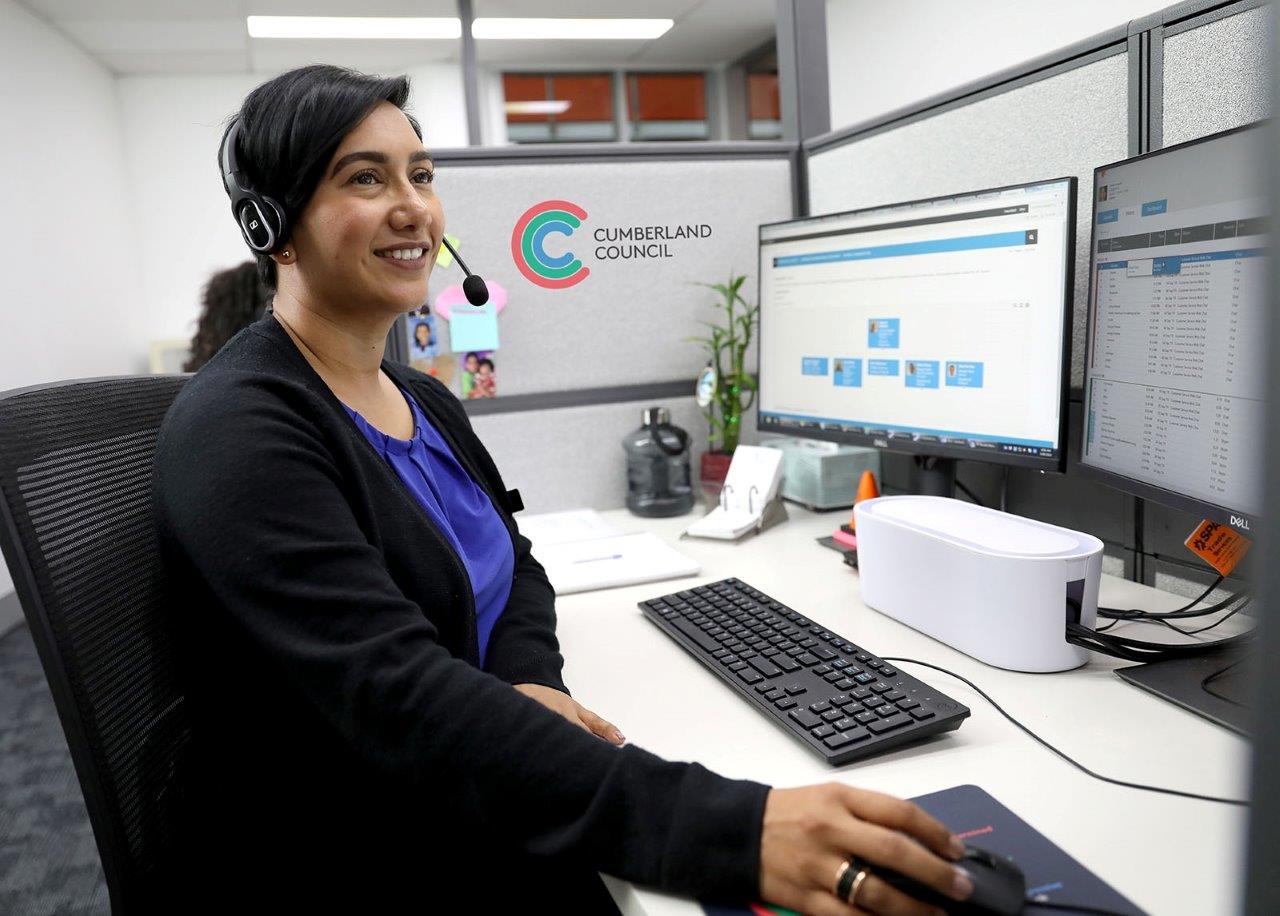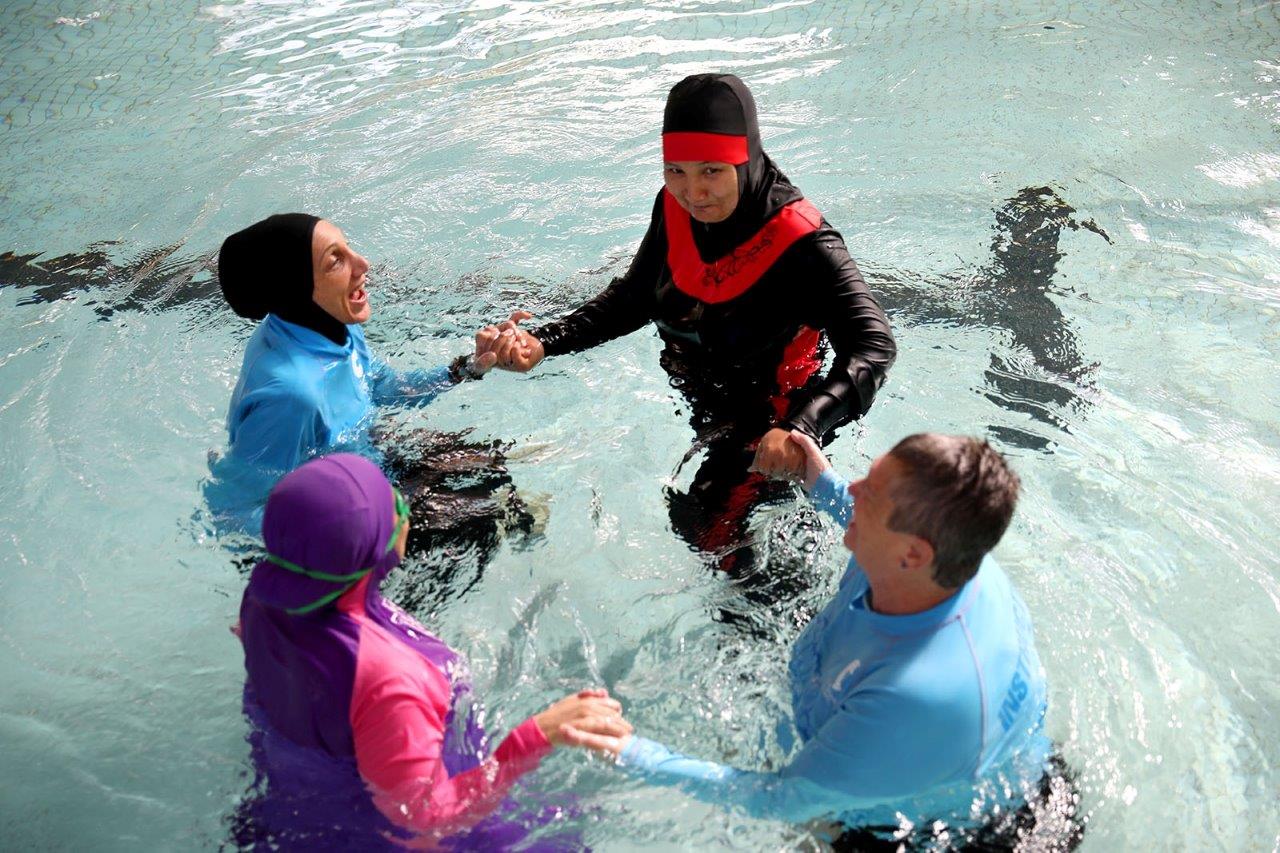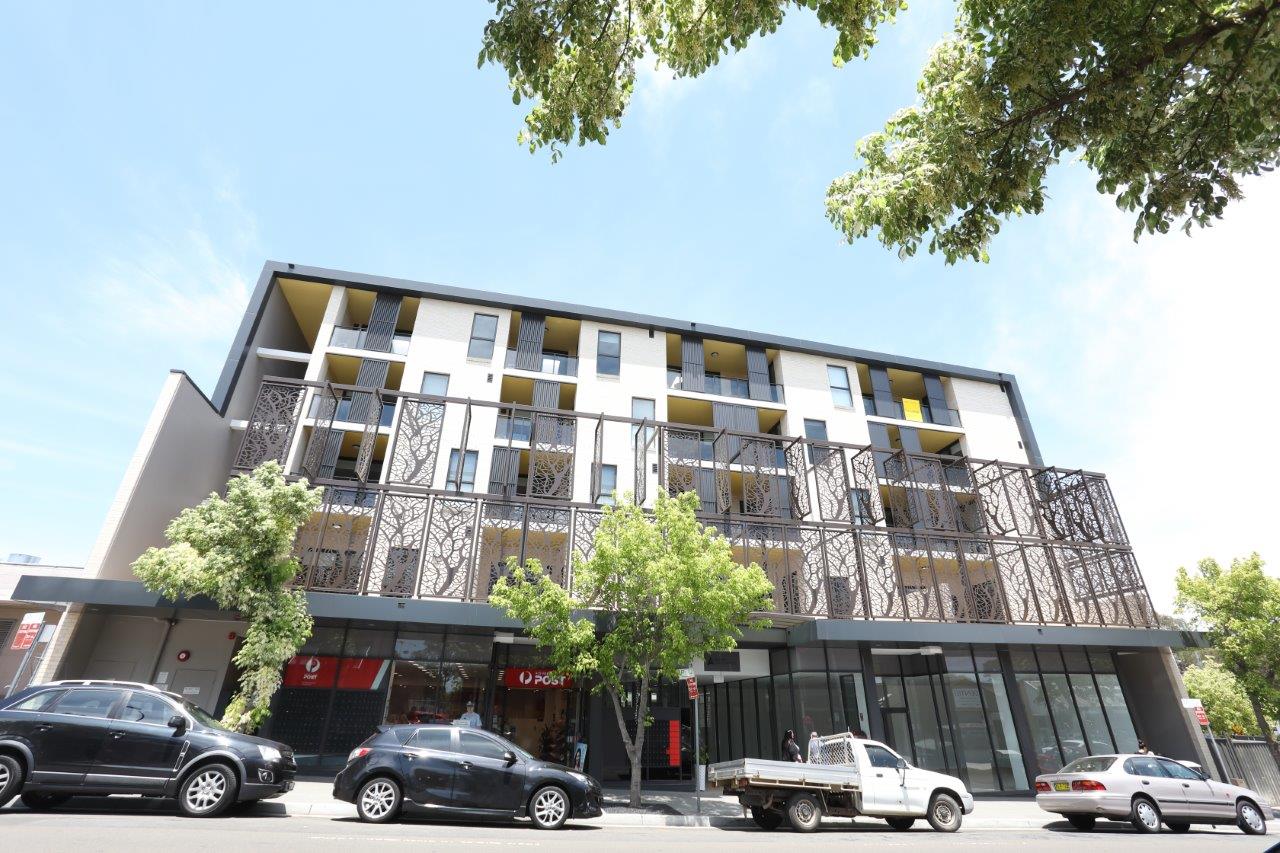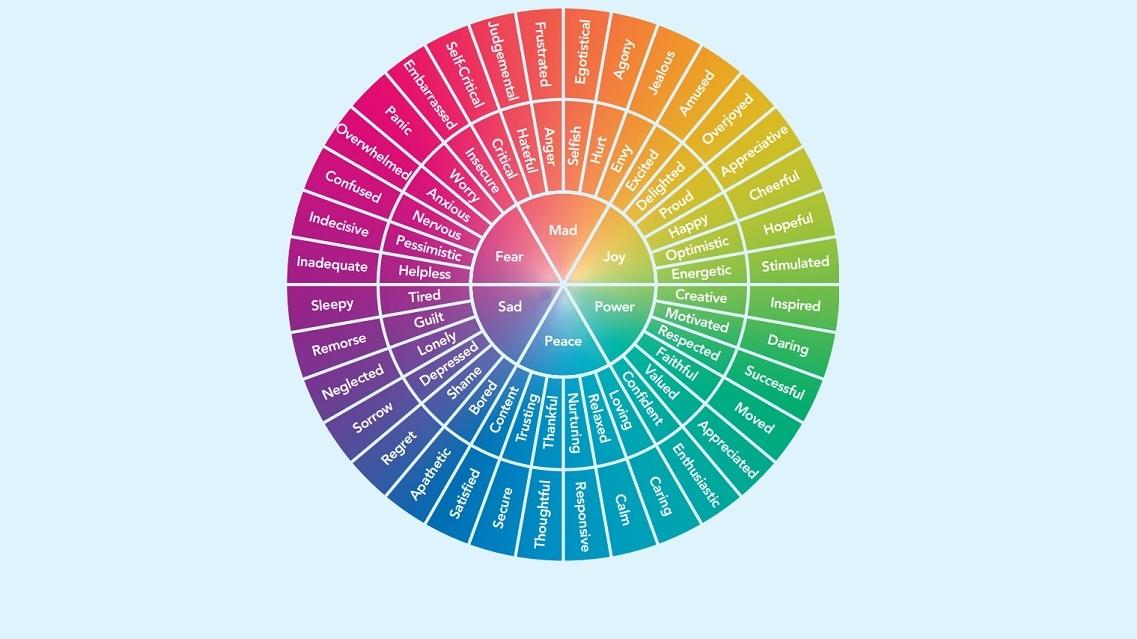
Contacts
- Kids Helpline - 1800 551 800
- Lifeline - 13 11 14
- Lifeline text support - 0477 13 11 14
- Beyond Blue - 1300 224 636
- Suicide Callback Service - 1300 659 467
- NSW Mental Health Line - 1800 011 511
- Transcultural Mental Health Line - 1800 648 911
- 1800 RESPECT - National Domestic Family and Sexual Violence Counselling Service – 1800 737 732
- Gamble Aware - 1800 858 858
- Butterfly - Support for Eating Disorders and Body Image – 1800 33 4673
- 13 YARN - 24/7 Crisis support for Aboriginal and Torres Strait Islander peoples – 13 92 76
What is Mental Health
Mental health allows us to live life in a positive and meaningful way. It helps us to cope with normal day-to-day stressors, reach our potential and be actively involved in the community. Mental health can be visualised as a spectrum. At one end of the spectrum is the ‘healthy’ range; we can bounce back from challenges in our lives and are socially connected. At the other end is ‘illness’; conditions that negatively impact how we feel, think and behave (e.g. Anxiety and depression). – https://headspace.org.au/
Types of Mental Health Disorders
Anxiety Disorders
Anxiety disorders are characterised by excessive fear and worry and related behavioural disturbances. Symptoms are severe enough to result in significant distress or significant impairment in functioning. There are several different kinds of anxiety disorders, such as: generalised anxiety disorder (characterised by excessive worry), panic disorder (characterised by panic attacks), social anxiety disorder (characterised by excessive fear and worry in social situations), separation anxiety disorder (characterised by excessive fear or anxiety about separation from those individuals to whom the person has a deep emotional bond), and others. Effective psychological treatment exists, and depending on the age and severity, medication may also be considered.
Depression
Depression is different from usual mood fluctuations and short-lived emotional responses to challenges in everyday life. During a depressive episode, the person experiences depressed mood (feeling sad, irritable, empty) or a loss of pleasure or interest in activities, for most of the day, nearly every day, for at least two weeks. Several other symptoms are also present, which may include poor concentration, feelings of excessive guilt or low self-worth, hopelessness about the future, thoughts about dying or suicide, disrupted sleep, changes in appetite or weight, and feeling especially tired or low in energy. People with depression are at an increased risk of suicide. Yet, effective psychological treatment exists, and depending on the age and severity, medication may also be considered.
Bipolar Disorder
People with bipolar disorder experience alternating depressive episodes with periods of manic symptoms. During a depressive episode, the person experiences depressed mood (feeling sad, irritable, empty) or a loss of pleasure or interest in activities, for most of the day, nearly every day. Manic symptoms may include euphoria or irritability, increased activity or energy, and other symptoms such as increased talkativeness, racing thoughts, increased self-esteem, decreased need for sleep, distractibility, and impulsive reckless behaviour. People with bipolar disorder are at an increased risk of suicide. Yet effective treatment options exist including psychoeducation, reduction of stress and strengthening of social functioning, and medication.
Post-Traumatic Stress Disorder PTSD
PTSD may develop following exposure to an extremely threatening or horrific event or series of events. It is characterised by all of the following: 1) re-experiencing the traumatic event or events in the present (intrusive memories, flashbacks, or nightmares); 2) avoidance of thoughts and memories of the event(s), or avoidance of activities, situations, or people reminiscent of the event(s); and 3) persistent perceptions of heightened current threat. These symptoms persist for at least several weeks and cause significant impairment in functioning. Effective psychological treatment exists.
Schizophrenia
Schizophrenia is characterised by significant impairments in perception and changes in behaviour. Symptoms may include persistent delusions, hallucinations, disorganised thinking, highly disorganised behaviour, or extreme agitation. People with schizophrenia may experience persistent difficulties with their cognitive functioning. Yet, a range of effective treatment options exist, including medication, psychoeducation, family interventions, and psychosocial rehabilitation.
Eating Disorders
Eating disorders, such as anorexia nervosa and bulimia nervosa, involve abnormal eating and preoccupation with food as well as prominent body weight and shape concerns. The symptoms or behaviours result in significant risk or damage to health, significant distress, or significant impairment of functioning. Anorexia nervosa often has its onset during adolescence or early adulthood and is associated with premature death due to medical complications or suicide. Individuals with bulimia nervosa are at a significantly increased risk for substance use, suicidality, and health complications. Effective treatment options exist, including family-based treatment and cognitive-based therapy.
Disruptive behaviour and dissocial disorders
This disorder, also known as conduct disorder, is one of two disruptive behaviour and dissocial disorders, the other is oppositional defiant disorder. Disruptive behaviour and dissocial disorders are characterised by persistent behaviour problems such as persistently defiant or disobedient to behaviours that persistently violate the basic rights of others or major age-appropriate societal norms, rules, or laws. Onset of disruptive and dissocial disorders, is commonly, though not always, during childhood. Effective psychological treatments exist, often involving parents, caregivers, and teachers, cognitive problem-solving or social skills training.
Neurodevelopmental Disorders
Neurodevelopmental disorders are behavioural and cognitive disorders, that arise during the developmental period, and involve significant difficulties in the acquisition and execution of specific intellectual, motor, language, or social functions. Neurodevelopmental disorders include disorders of intellectual development, autism spectrum disorder, and attention deficit hyperactivity disorder (ADHD) amongst others. ADHD is characterised by a persistent pattern of inattention and/or hyperactivity-impulsivity that has a direct negative impact on academic, occupational, or social functioning. Disorders of intellectual development are characterised by significant limitations in intellectual functioning and adaptive behaviour, which refers to difficulties with everyday conceptual, social, and practical skills that are performed in daily life. Autism spectrum disorder (ASD) constitutes a diverse group of conditions characterised by some degree of difficulty with social communication and reciprocal social interaction, as well as persistent restricted, repetitive, and inflexible patterns of behaviour, interests, or activities. Effective treatment options exist including psychosocial interventions, behavioural interventions, occupational and speech therapy. For certain diagnoses and age groups, medication may also be considered.
Source – World Health Organization - https://www.who.int/news-room/fact-sheets/detail/mental-disorders
Signs and Symptoms
It is normal to experience emotions like anxiety and depression, they can even help keep us safe. If these feelings last longer than a few weeks, they can interfere with how we think, feel, behave, and interact with society.
Screening Questionnaires
View screening questionnaires used by General Practitioners in diagnosing Mental Health Disorders.
Coping Strategies
- Breathing exercises
- Eating Healthy
- Physical exercise
- Talk to friends and family
- Sleep
- Keep a journal
- Set goals
- Practice kindness (to yourself and others)
- Practice gratitude
- Treat yourself
- Do something you enjoy
Who can you talk to?
In an emergency call 000, In a crisis call Lifeline (13 11 14) or Kids Helpline (under 25yrs) (1800 551 800), to see someone face to face, visit a Headspace. You can speak to your local Doctor about your mental health and about a Mental Health Treatment Plan (Medicare subsidised treatment, for example to see a Psychologist). There are lots of local services too, like Youth Centres and Youth Organisations, who’d be happy to help. You can also talk to your family and friends, sometimes it helps a lot sharing our feelings.
